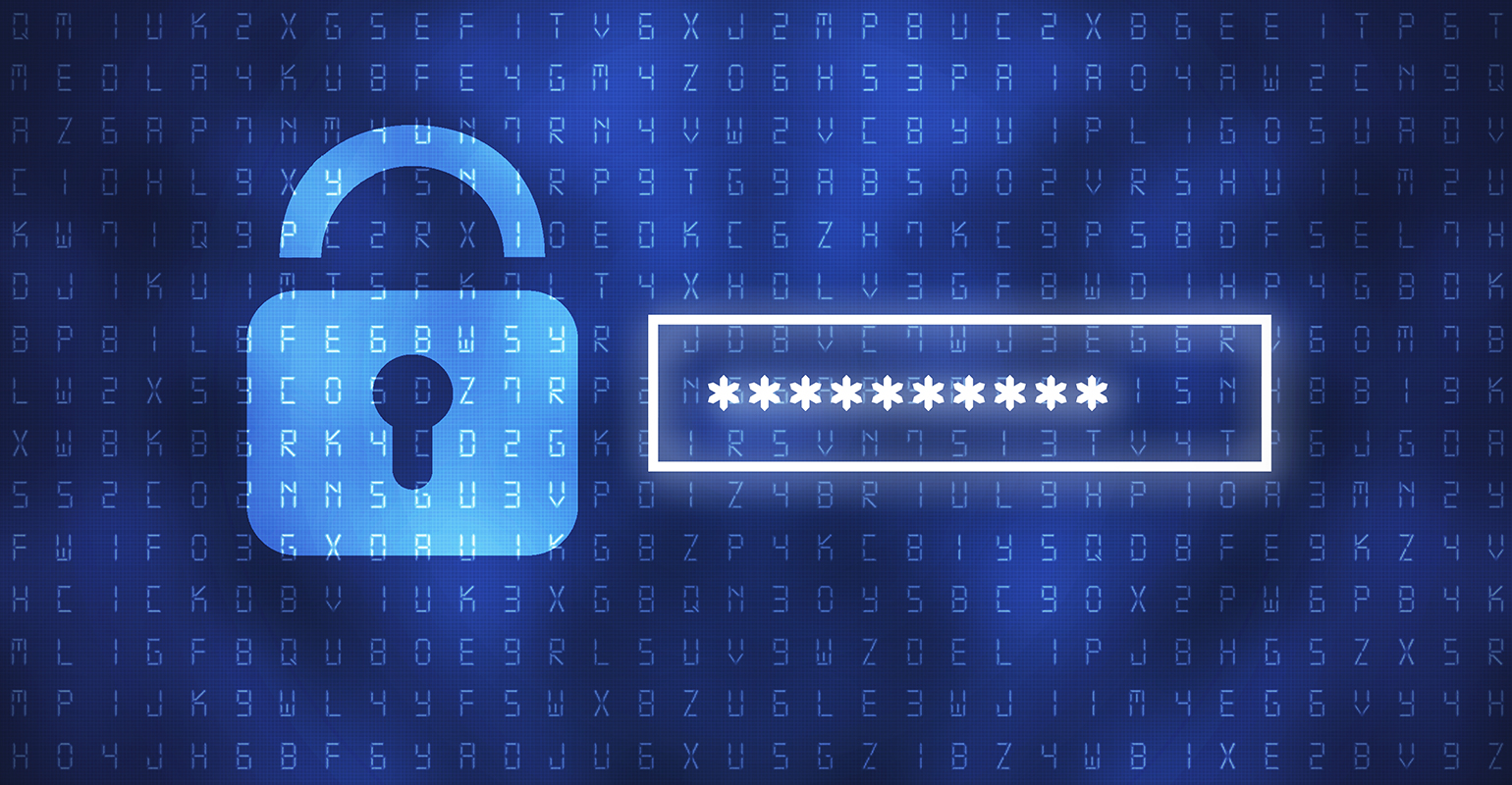Here's something you might want to recommend to your clients to avoid fraud and identify theft when they file their tax returns: Ahead of the approaching 2025 tax season, the Internal Revenue Service is encouraging taxpayers to protect their identities by signing up for a Personal Identification Number (IP PIN). An IP PIN is a six-digit number that provides an added layer of security to help the IRS verify a taxpayer's identity when filing an electronic or paper tax return. It also serves to prevent someone else from filing a tax return using a taxpayer's social security number or individual taxpayer identification number.
How to register
With fraud and identity theft growingthe simple extra step should be a no-brainer for all files. The fastest and easiest way to get an IP PIN is by signing up for an IRS online account at IRS.gov and following the steps for identity verification. Once verified, taxpayers must click on the profile tab to request their IP PIN. Spouses and dependents can also receive an IP PIN if they complete the required verification steps. IP PIN users must use this number when filing their federal tax returns for the current calendar year and any prior years filed during the same period.
The IRS requires taxpayers to register for an IP PIN before November 23, 2024, as after that date the IP PIN system will undergo maintenance and will not be available again until early January 2025 (it is unclear why the maintenance period can take that long, but customers who want to strengthen their protection should act quickly). For security reasons, tax planning professionals cannot obtain an IP PIN on behalf of clients.
For those unable to create an account online, the IRS offers alternative methods, such as authenticating in person at a Taxpayer Assistance Center.
Other information
For security reasons, an IP PIN is only valid for one calendar year and new IP PINs are generated at the beginning of each calendar year. Some participants will receive their IP code in the mail, while others will need to log into their online account to see their actual IP PIN (again, it's unclear why there is a discrepancy). The IP PIN must not be shared with anyone other than the IRS or a trusted tax advisor. Taxpayers can opt out of the PIN IP program through their online account.

